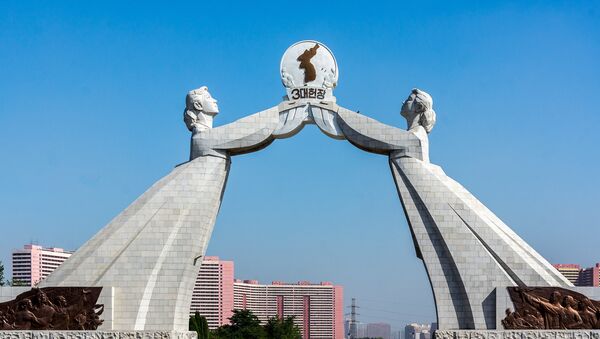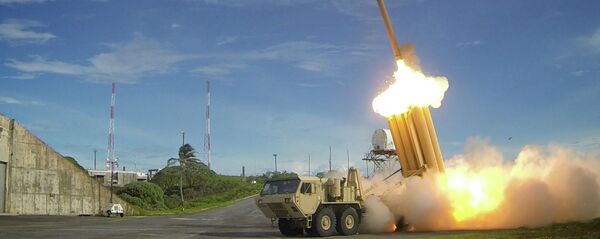It should be noted that only a few months ago, in March 2016, China supported imposing the largest set of sanctions against Pyongyang in the history of the North Korean nuclear issue. Back then Seoul considered that move as a sign that China is beginning to put pressure on Pyongyang.
South Korea continues to hope that North Korea’s economic crisis, further exacerbated by international sanctions and China’s harsh stance, would force Kim Jong-un to abandon his nuclear program and become more pliable. Essentially, Seoul considers the nuclear disarmament of North Korea as a first step towards a larger goal – the unification of the Korean Peninsula.
Recent analyses indicate that bringing North Korea’s economy up to the South’s level would require at least 20 years and cost approximately $1 trillion. And according to a poll conducted by the Asan Institute for Policy Studies, despite the fact that the majority of the Republic of Korea’s citizens support the reunification, only about 35 percent of the country’s youth would be willing to pay a “reunification tax,” with approximately 64 percent of the elderly supporting this measure.
Furthermore, when asked about when would they like the reunification to take place, the majority of respondents replied “depending on circumstances.” The people of South Korea, it seems, want the two nations to become one – someday, but apparently not today.
The potential reunification of the Korean Peninsula is also unlikely to occur without the approval of key regional players. Russia and China are concerned that this move would result in the US military being deployed right at their doorstep. The US fears losing their influence in the region and the new country getting in cahoots with China.
And Japan dreads the possible rise of anti-Japanese sentiment in the region and possible increase of competition in high-tech manufacturing.
Last but not least, all of the aforementioned nations are reluctant to allow the government of this new hypothetical state to seize control of North Korea’s nuclear weapons.
And then there’s Pyongyang’s take on the situation, as the North Korean leadership firmly believes that the reunification is being prevented by the "imperialistic forces and their puppets" – namely, the US military contingent stationed in South Korea and the US-backed government in Seoul.
However, Konstantin Asmolov, analyst at the Institute of Far Eastern Studies, told Sputnik that this difference of opinions is typical of the dialogue between the two countries.
"In inter-Korean dialogue, each side always berates the other; each side claims that it seeks unification, offers new options and makes proposals, etc., while the other keeps ignoring and rebuking them. And meanwhile, most of these proposals simply cannot be implemented at the time. Yes, the mutual mistrust is difficult to overcome, and what kept piling up for decades cannot be removed in just a few years’ time. Nevertheless, there is a hypothetical possibility of unification, though it would be extremely difficult to achieve. In any case, dialogue is way better that exchanging threats," Asmolov said.
Lyudmila Saakyan for Sputnik Korea






